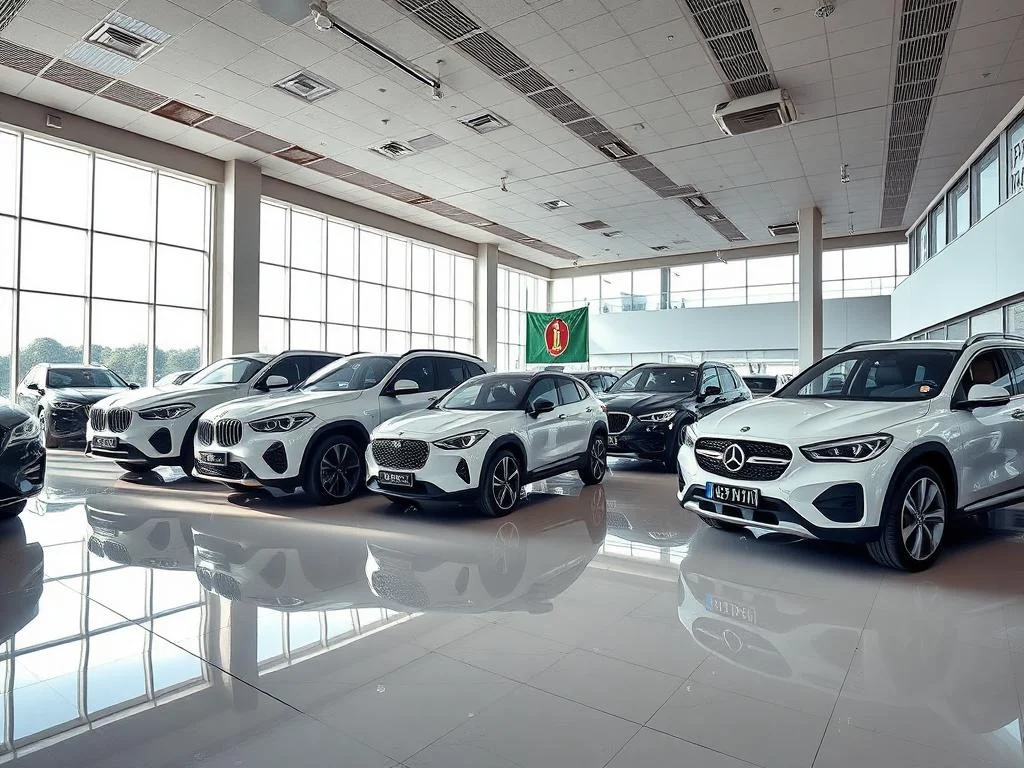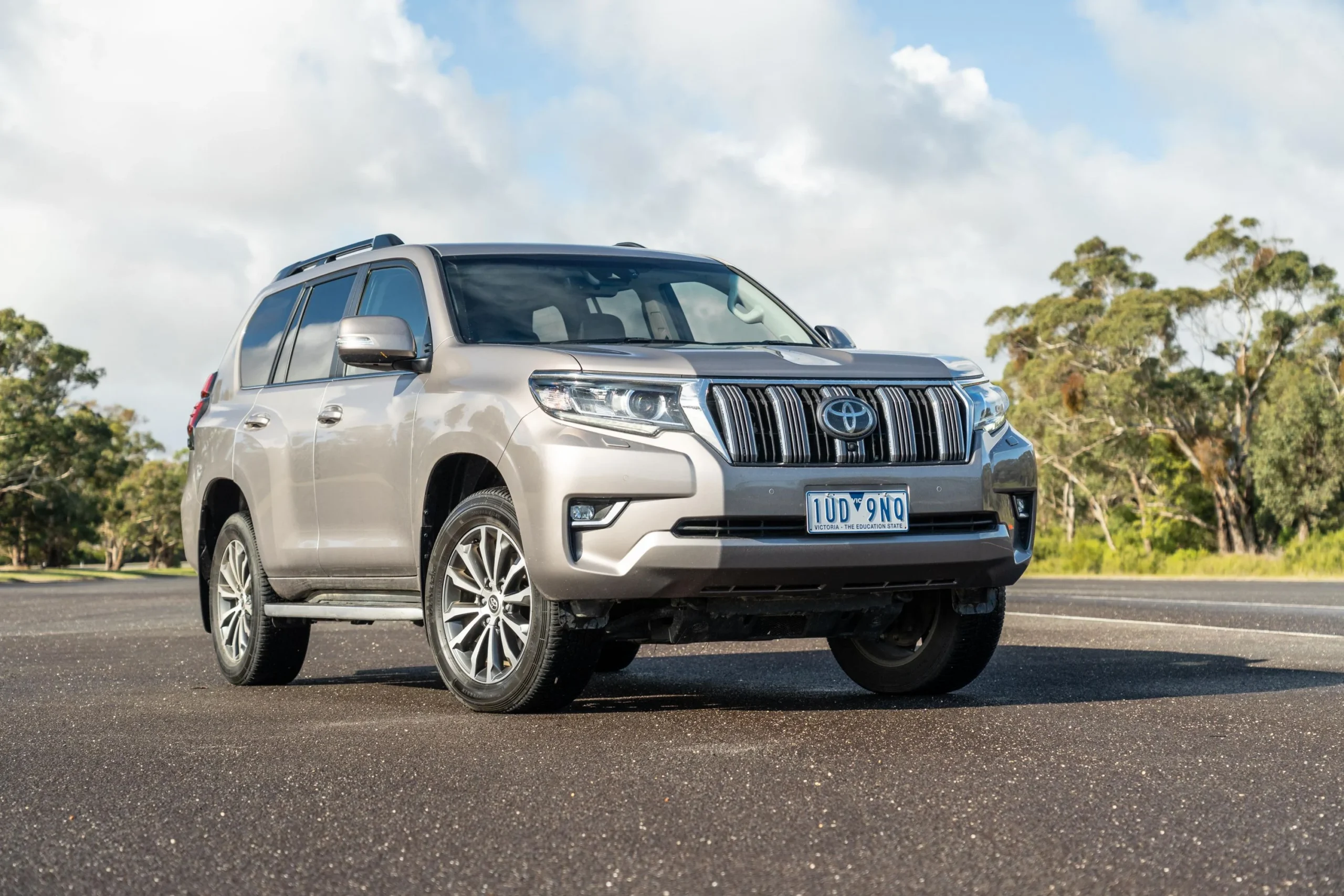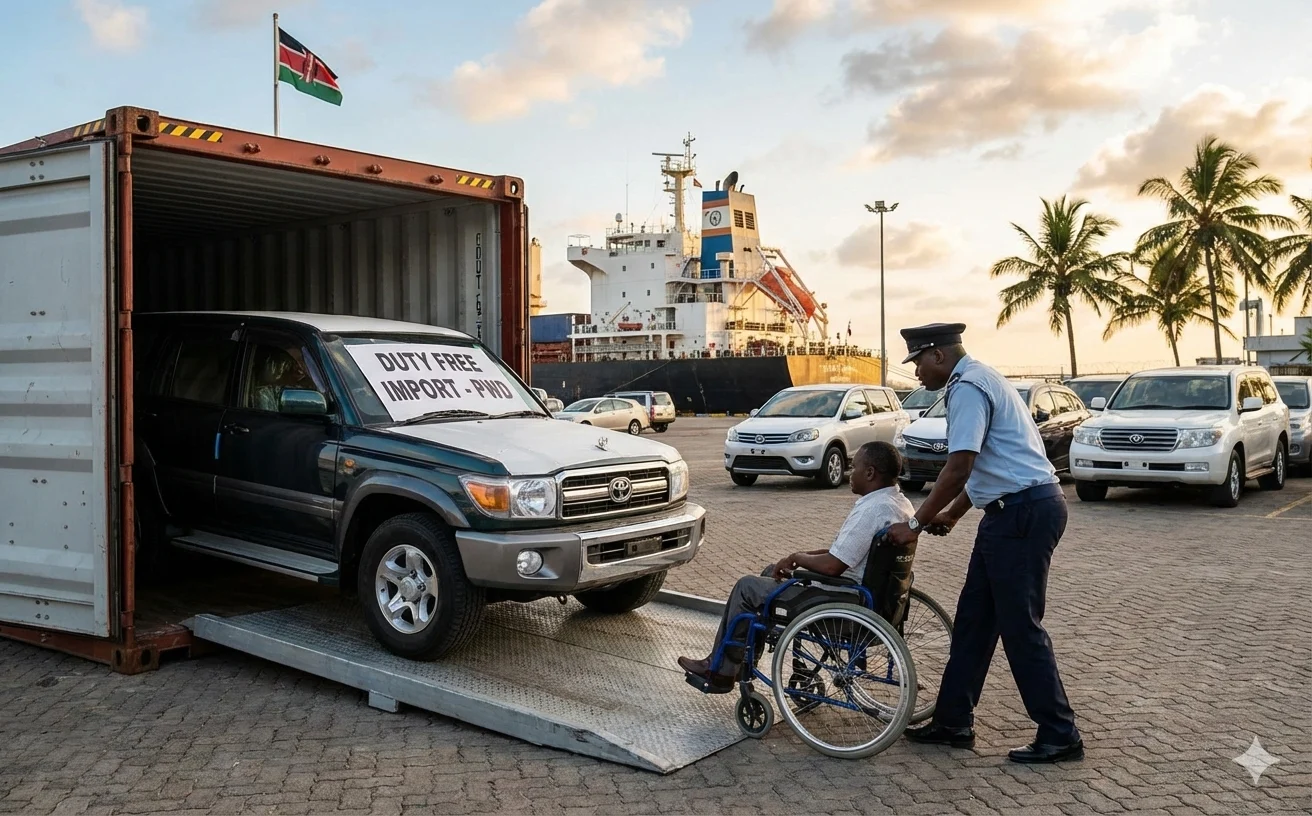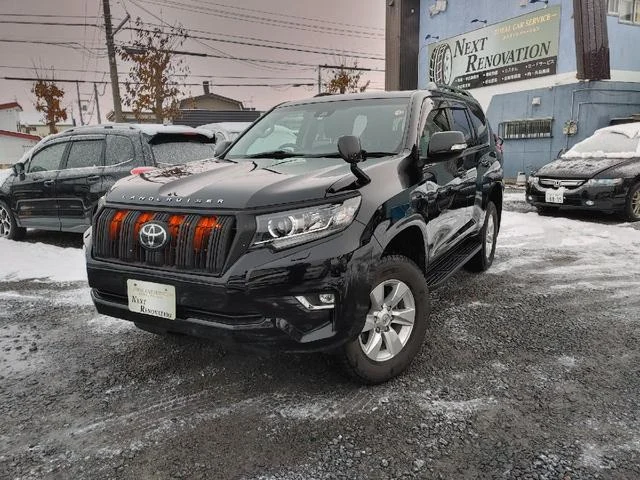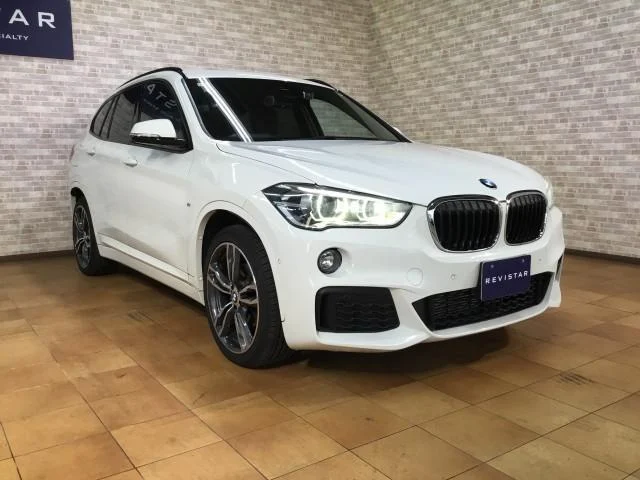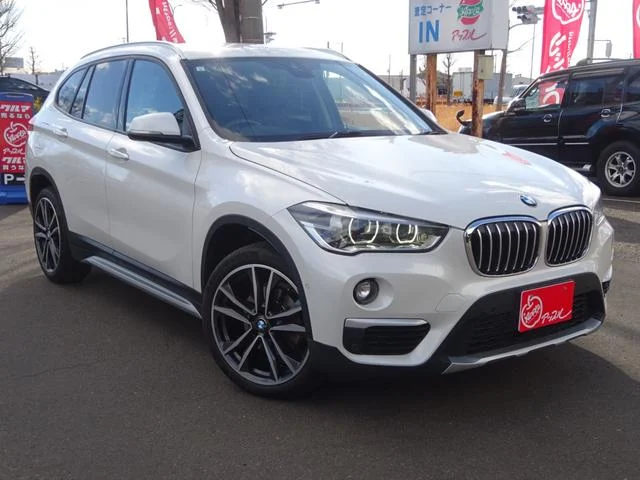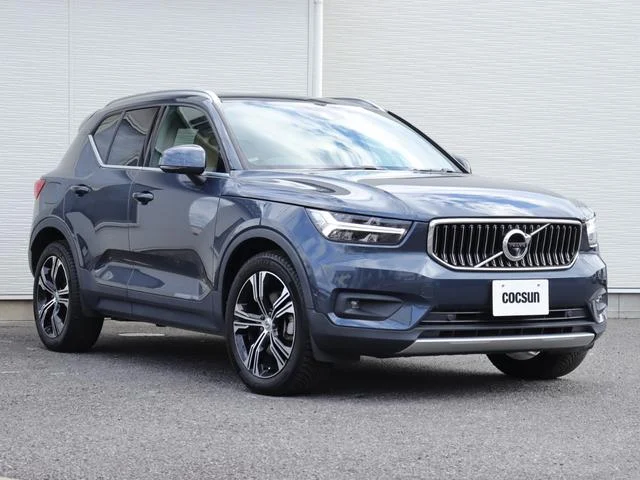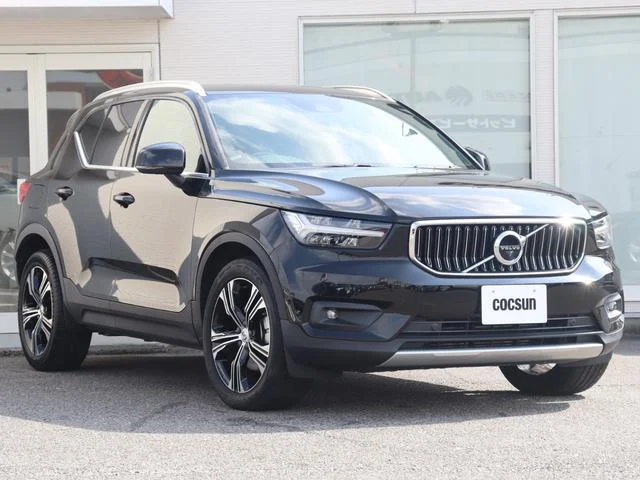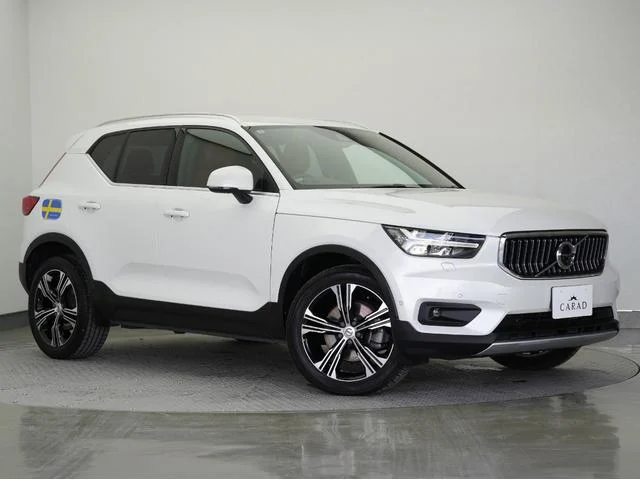Introduction: Why Importing a Car to Kenya Matters
The decision to import a car to Kenya is often a significant one, driven by a variety of factors.
Locally available vehicles may not always meet specific needs or preferences, whether it’s a particular model, trim level, or feature set.
Importing allows Kenyans to access a global marketplace, potentially finding better deals and unique vehicles not readily available within the country.
Furthermore, some individuals seek to import classic or vintage cars, which are often unavailable through local dealerships.
The appeal of owning a vehicle with a specific history or a unique configuration is a strong motivator for many.
However, it’s essential to approach car importation with a clear understanding of the associated costs and regulations.
Navigating the import process can be complex, but with proper planning and research, it can be a rewarding experience.
If you’re considering importing a BMW or another luxury vehicle, understanding these costs is even more critical.
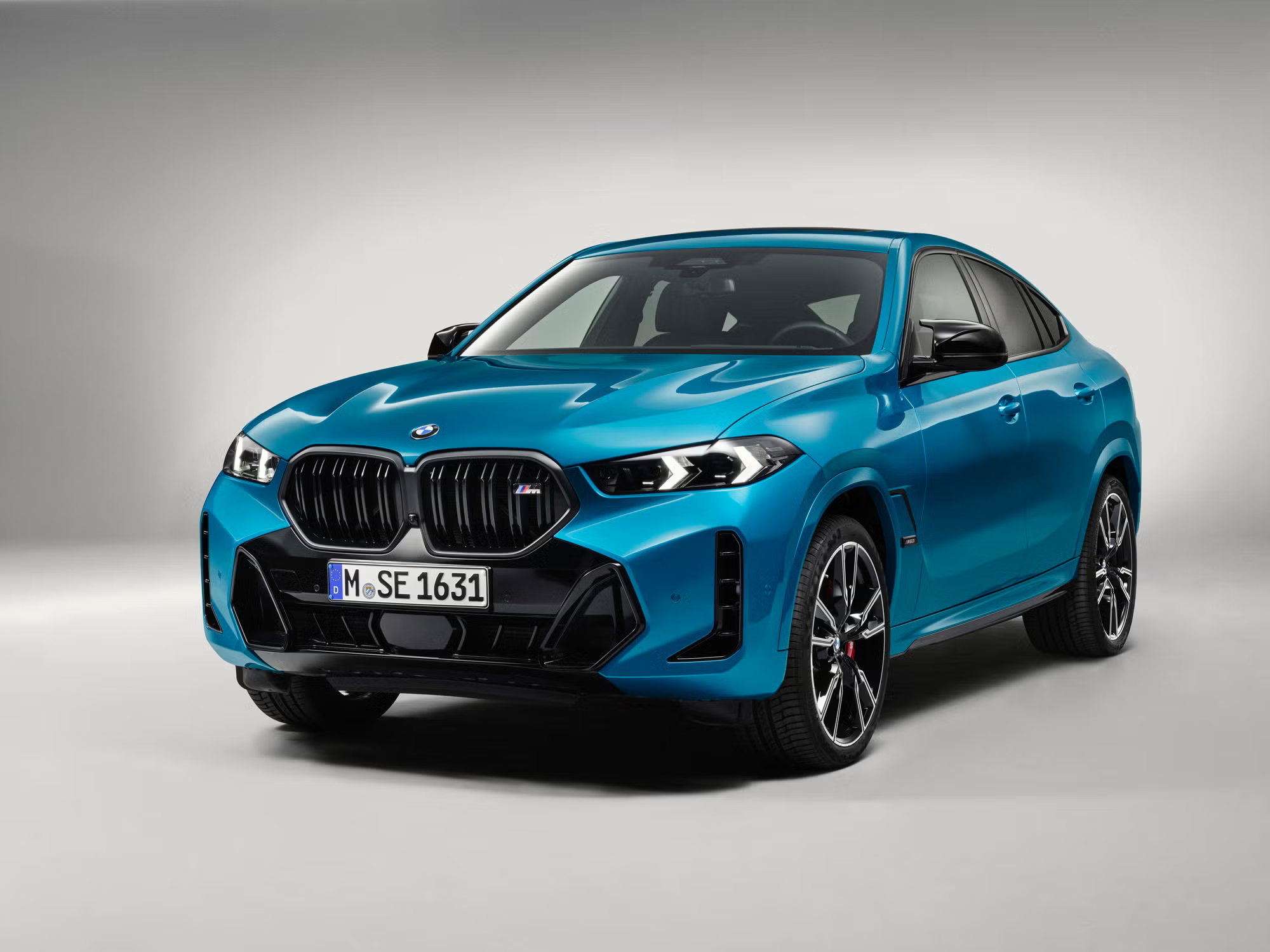
Key Import Duties and Taxes in Kenya
Understanding import duties and taxes is the cornerstone of calculating the total cost of importing a car to Kenya.
These charges are levied by the Kenya Revenue Authority (KRA) and significantly impact the final landed cost.
Import duty is calculated as a percentage of the car’s value, and this percentage varies depending on the engine capacity and age of the vehicle.
Generally, vehicles with smaller engines (below 1500cc) attract lower import duties compared to those with larger engines.
Value Added Tax (VAT) is charged at a standard rate of 16% on the sum of the car’s value and the import duty.
Furthermore, excise duty is applied based on the engine capacity and value of the vehicle, adding another layer of complexity to the calculation.
Finally, an Import Declaration Fee (IDF) of 3.5% of the car’s value is also payable.
Accurately assessing these charges requires careful consideration of the vehicle’s specifications and current KRA regulations.
For those interested in a reliable and popular choice, consider exploring our range of Honda vehicles.
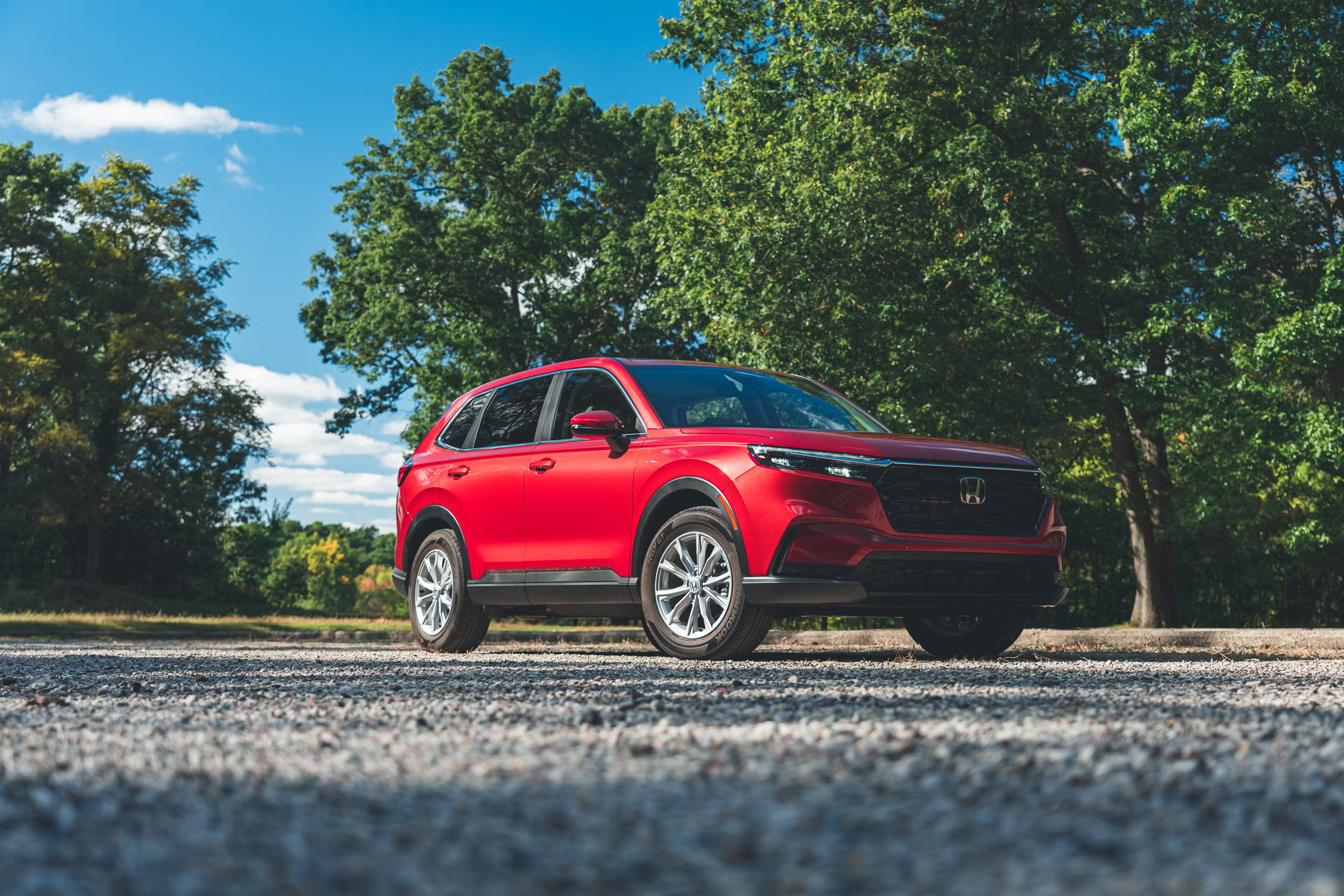
Shipping, Freight, and Port Handling Fees
Once you’ve selected your vehicle, the next significant expense is shipping it to Kenya.
Shipping costs vary considerably depending on the origin of the vehicle, the shipping method (Roll-on/Roll-off – RoRo or containerized), and the destination port in Kenya (usually Mombasa).
RoRo shipping is generally more cost-effective for standard vehicles, while containerized shipping offers greater protection and is often preferred for luxury or high-value vehicles.
Freight charges cover the transportation of the vehicle from the origin port to Mombasa.
Upon arrival in Mombasa, port handling fees are levied for services such as customs clearance, container handling (if applicable), and storage.
These fees can accumulate quickly, so it’s crucial to factor them into your budget.
Additionally, consider potential delays and associated storage charges if your vehicle is held at the port for an extended period.
Enan Motors can assist with coordinating shipping and handling, ensuring a smooth and efficient process.
Contact us today at 0723 328 339 for a personalized quote.

Documentation, Clearance, and Registration Costs
The import process involves a significant amount of paperwork and requires meticulous attention to detail.
You’ll need to provide various documents, including the vehicle’s title, bill of sale, and proof of ownership.
Customs clearance is handled by a licensed customs agent, who will facilitate the inspection of the vehicle and ensure compliance with KRA regulations.
Clearance fees vary depending on the complexity of the import and the agent’s rates.
After customs clearance, you’ll need to register the vehicle with the National Transport and Safety Authority (NTSA).
Registration fees, transfer of ownership fees, and inspection fees contribute to the overall cost.
It’s highly recommended to engage a reputable customs agent to navigate this process efficiently and avoid potential delays or penalties.
Enan Motors can connect you with trusted customs agents to streamline the documentation and clearance process.
We also offer assistance with importing popular models like the Lexus LX 600.
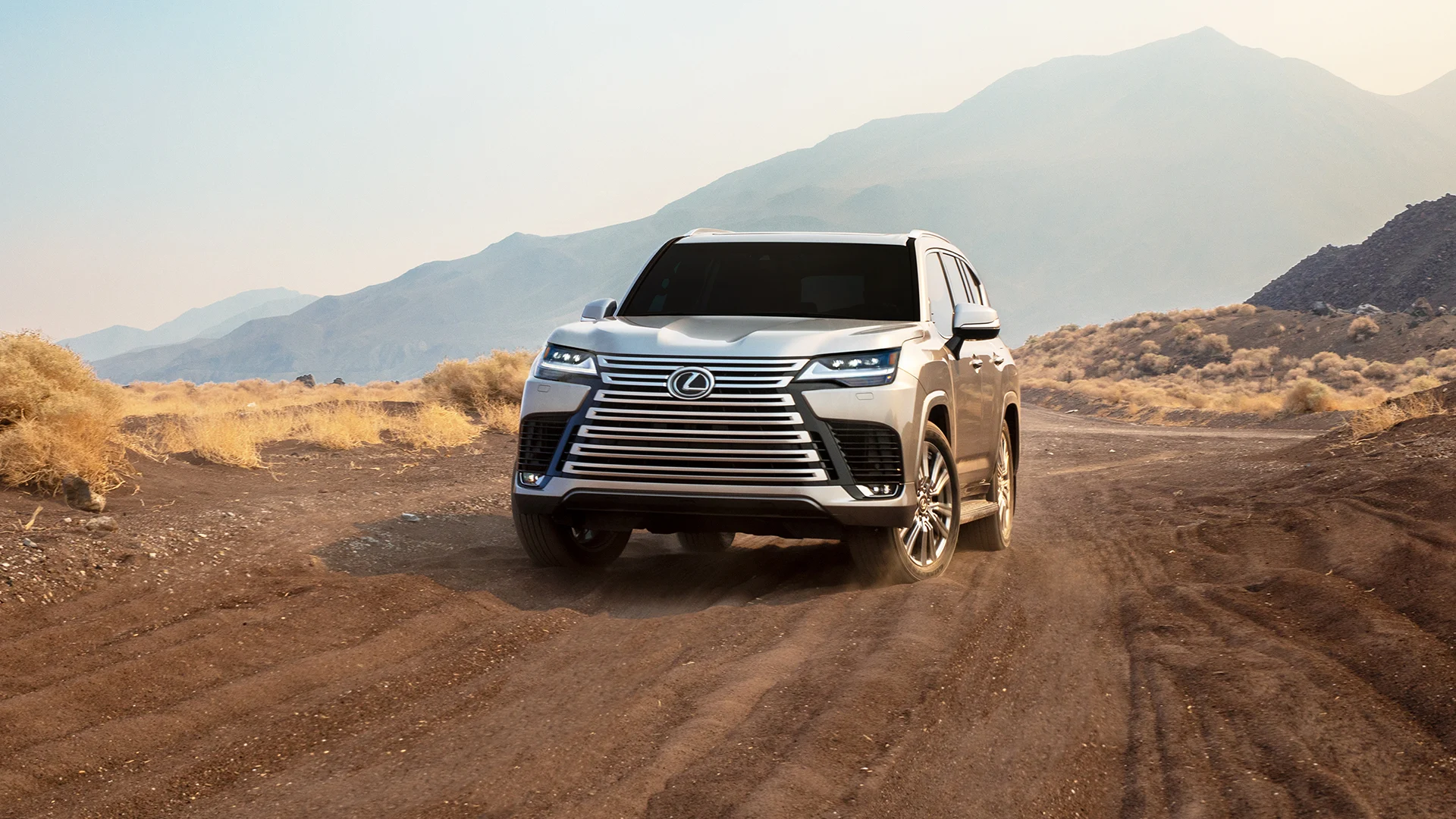
How Vehicle Specs Influence the Import Cost
The specifications of the vehicle you’re importing significantly impact the overall cost.
Engine capacity is a primary factor, as it directly influences import duty and excise duty.
Older vehicles (typically over eight years old) may be subject to higher import duties or even be prohibited from import altogether, depending on current KRA regulations.
The vehicle’s value, as declared on the bill of sale, also plays a crucial role in determining import duty, VAT, and IDF.
Luxury features and high-end trims can increase the vehicle’s value, leading to higher import costs.
Furthermore, the vehicle’s country of origin can affect import duties, as Kenya has trade agreements with certain countries that may offer preferential rates.
Carefully consider these factors when selecting a vehicle to import, as they can significantly impact your budget.
If you’re looking for a reliable and fuel-efficient option, consider a Mazda.
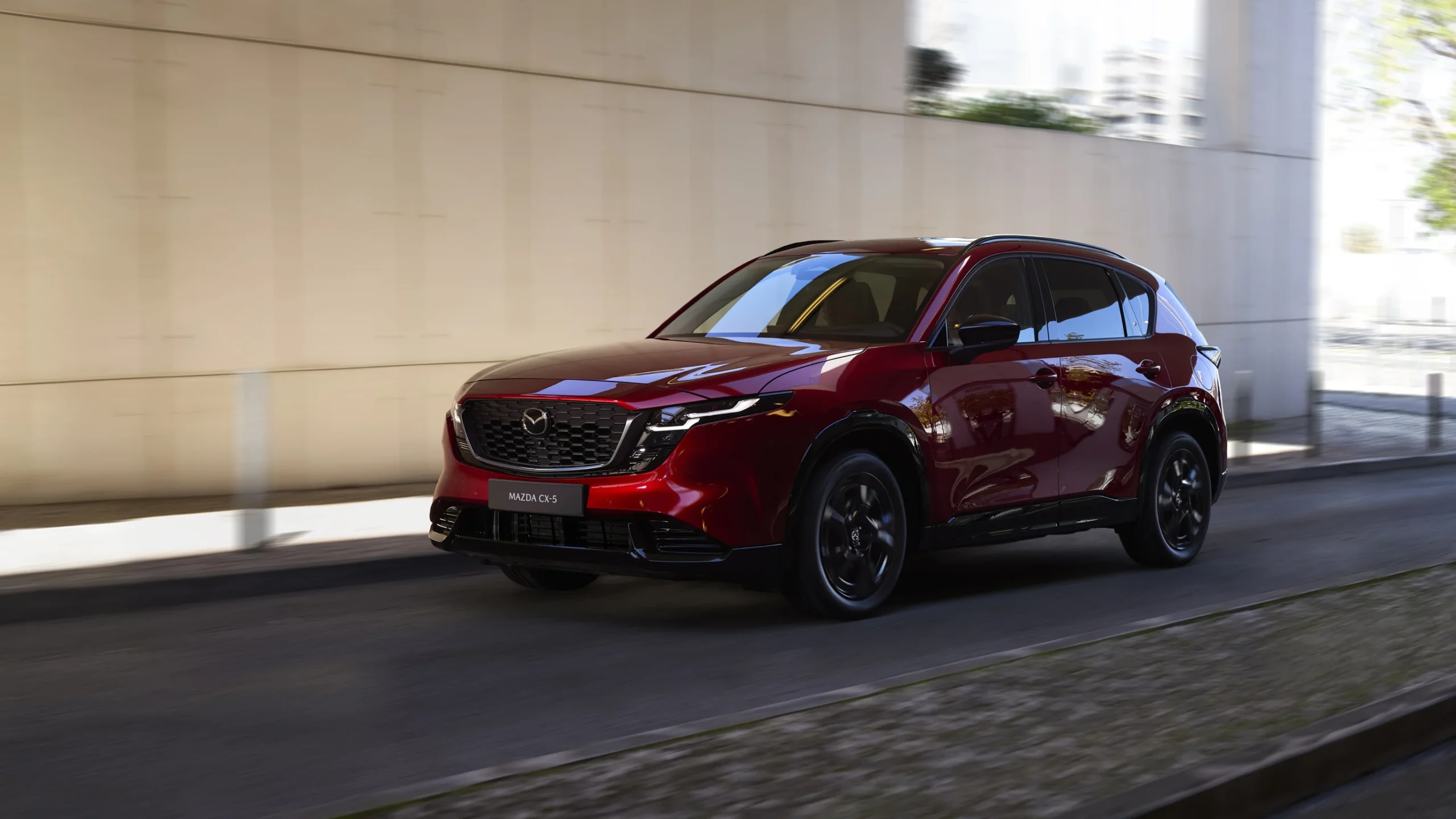
Calculating the Total Landed Cost – Sample Calculations
To illustrate the cost breakdown, let’s consider a sample calculation for importing a used car with an engine capacity of 1500cc and a value of $10,000 (approximately Ksh 1,500,000 at an exchange rate of 150).
Import duty would be around 25% of $10,000, totaling $2,500 (Ksh 375,000).
VAT would be 16% of ($10,000 + $2,500), amounting to $1,920 (Ksh 288,000).
Excise duty, based on engine capacity and value, could be around $500 (Ksh 75,000).
The Import Declaration Fee (IDF) would be 3.5% of $10,000, totaling $350 (Ksh 52,500).
Shipping costs (RoRo) could range from $800 to $1,500 (Ksh 120,000 – Ksh 225,000).
Port handling fees and clearance charges could add another $300 to $500 (Ksh 45,000 – Ksh 75,000).
Finally, registration and inspection fees would be approximately $100 (Ksh 15,000).
Adding these costs together, the total landed cost would be approximately $16,570 to $17,070 (Ksh 2,485,500 – Ksh 2,560,500).
This is just an example, and actual costs may vary.
For a more accurate estimate, contact us at imports@enanmotors.com.
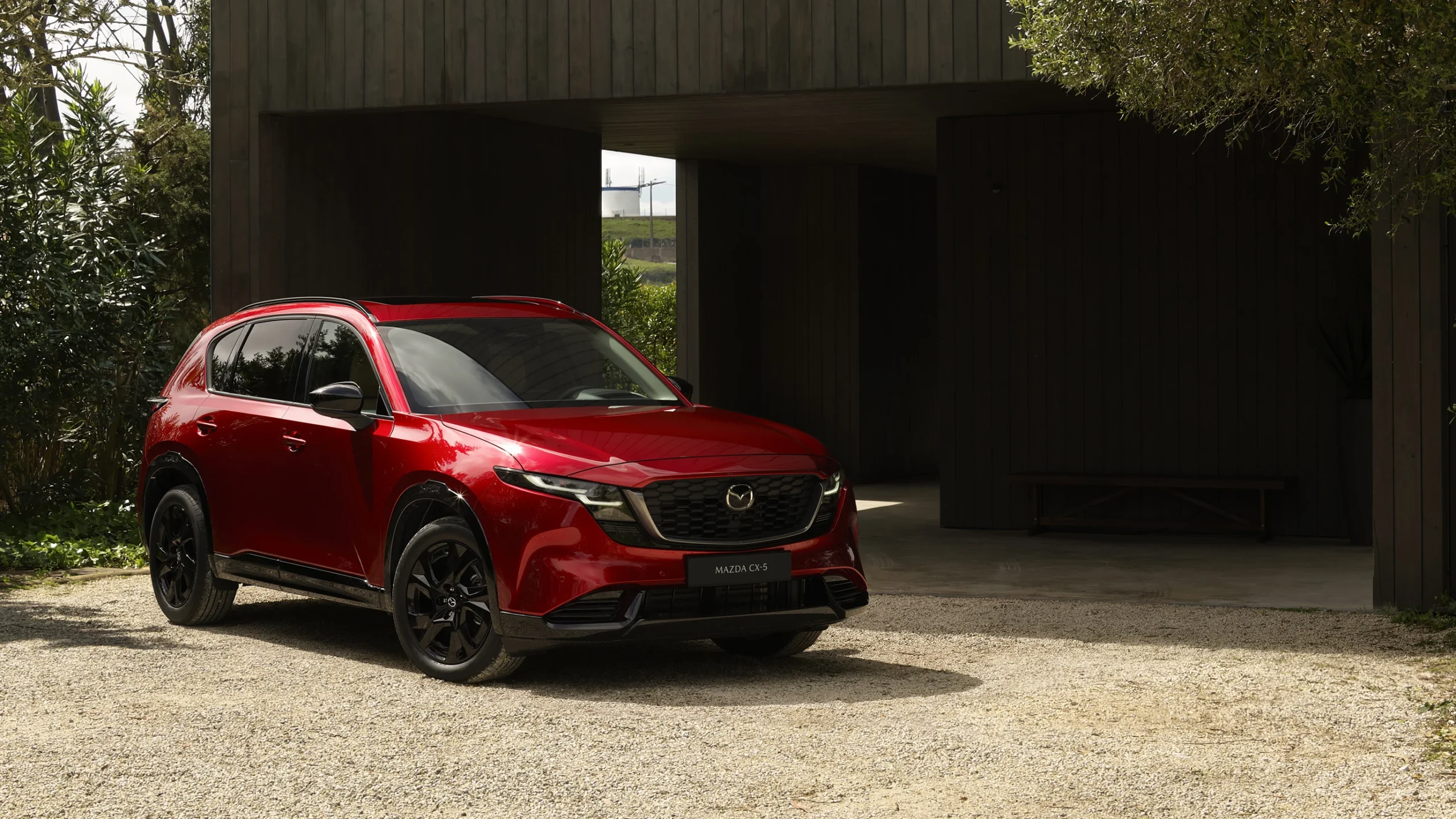
Strategies to Lower Your Car Import Expenses
While importing a car involves significant costs, there are strategies to minimize your expenses.
Consider importing a vehicle with a smaller engine capacity, as this will reduce import duty and excise duty.
Research vehicles from countries with preferential trade agreements with Kenya, as this may result in lower import duties.
Shop around for shipping quotes from different freight forwarders to secure the best rates.
Be mindful of the vehicle’s age, as older vehicles may be subject to higher duties or restrictions.
Thoroughly inspect the vehicle before importing it to avoid costly repairs after arrival.
Engaging a reputable customs agent can also help streamline the process and minimize clearance fees.
Enan Motors offers competitive rates and expert guidance to help you navigate the import process efficiently and cost-effectively.
We can also assist you in finding a great deal on a BMW X6 or other desired model.
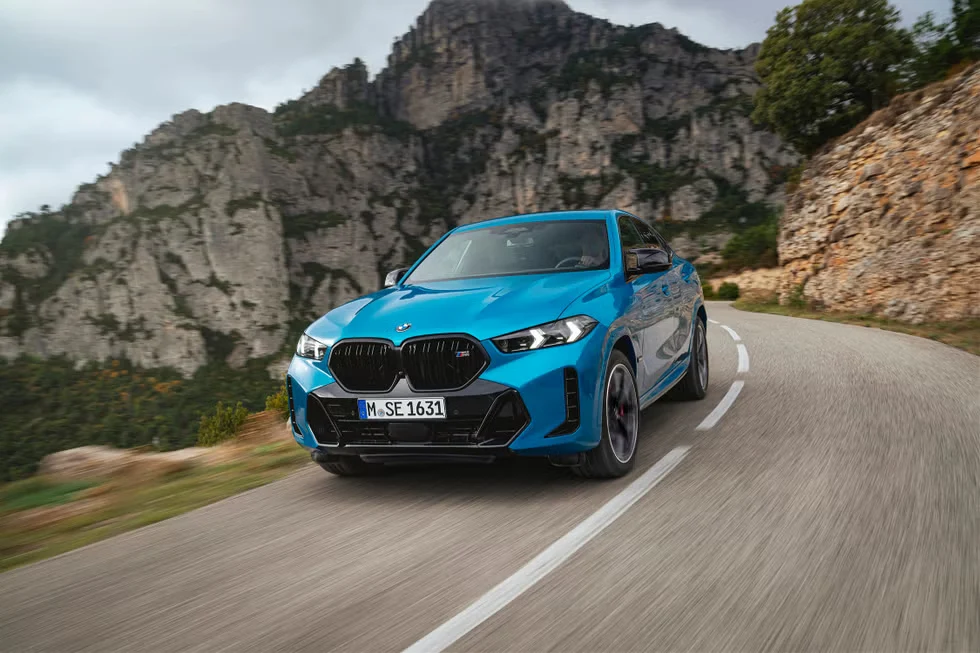
Common Mistakes and Final Takeaways
Several common mistakes can significantly increase the cost of importing a car to Kenya.
Underestimating the total landed cost is a frequent error, leading to unexpected expenses.
Failing to accurately declare the vehicle’s value can result in penalties and delays.
Ignoring KRA regulations and import restrictions can lead to rejection of the vehicle.
Not engaging a reputable customs agent can complicate the clearance process and increase costs.
Finally, neglecting to thoroughly inspect the vehicle before importing it can result in costly repairs upon arrival.
Importing a car to Kenya can be a rewarding experience, but it requires careful planning, research, and attention to detail.
By understanding the associated costs, navigating the regulations effectively, and engaging the right professionals, you can minimize your expenses and enjoy the benefits of owning a vehicle imported to your specifications.
For a hassle-free import experience, contact Enan Motors via WhatsApp at 0723 328 339.
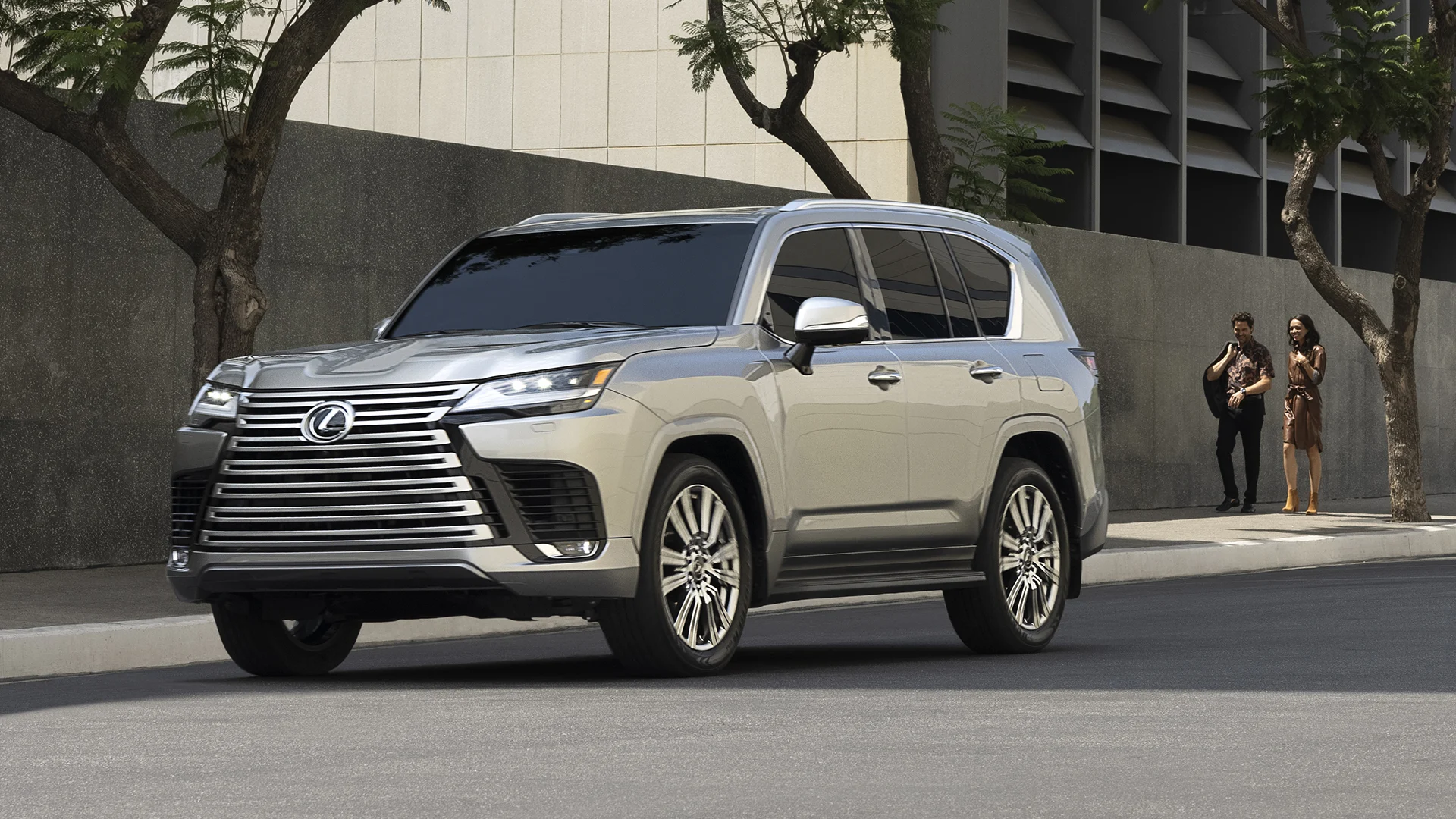
Conclusion
Importing a car to Kenya presents a unique opportunity to access a wider range of vehicles and potentially save money.
However, it’s crucial to approach the process with a clear understanding of the associated costs and regulations.
From import duties and taxes to shipping, documentation, and registration fees, numerous expenses contribute to the total landed cost.
By carefully considering these factors, employing cost-saving strategies, and avoiding common mistakes, you can navigate the import process successfully and enjoy the benefits of owning a vehicle imported to your specifications.
Enan Motors is your trusted partner in car importation, offering expert guidance, competitive rates, and a seamless import experience.
Don’t hesitate to reach out to us for a personalized consultation and a quote.
Call us today at 0723 328 339 or email us at imports@enanmotors.com.
Visit our Contact page to learn more about our services and how we can assist you with your car import needs.
We also invite you to browse our Inventory to see some of the vehicles we currently have available.
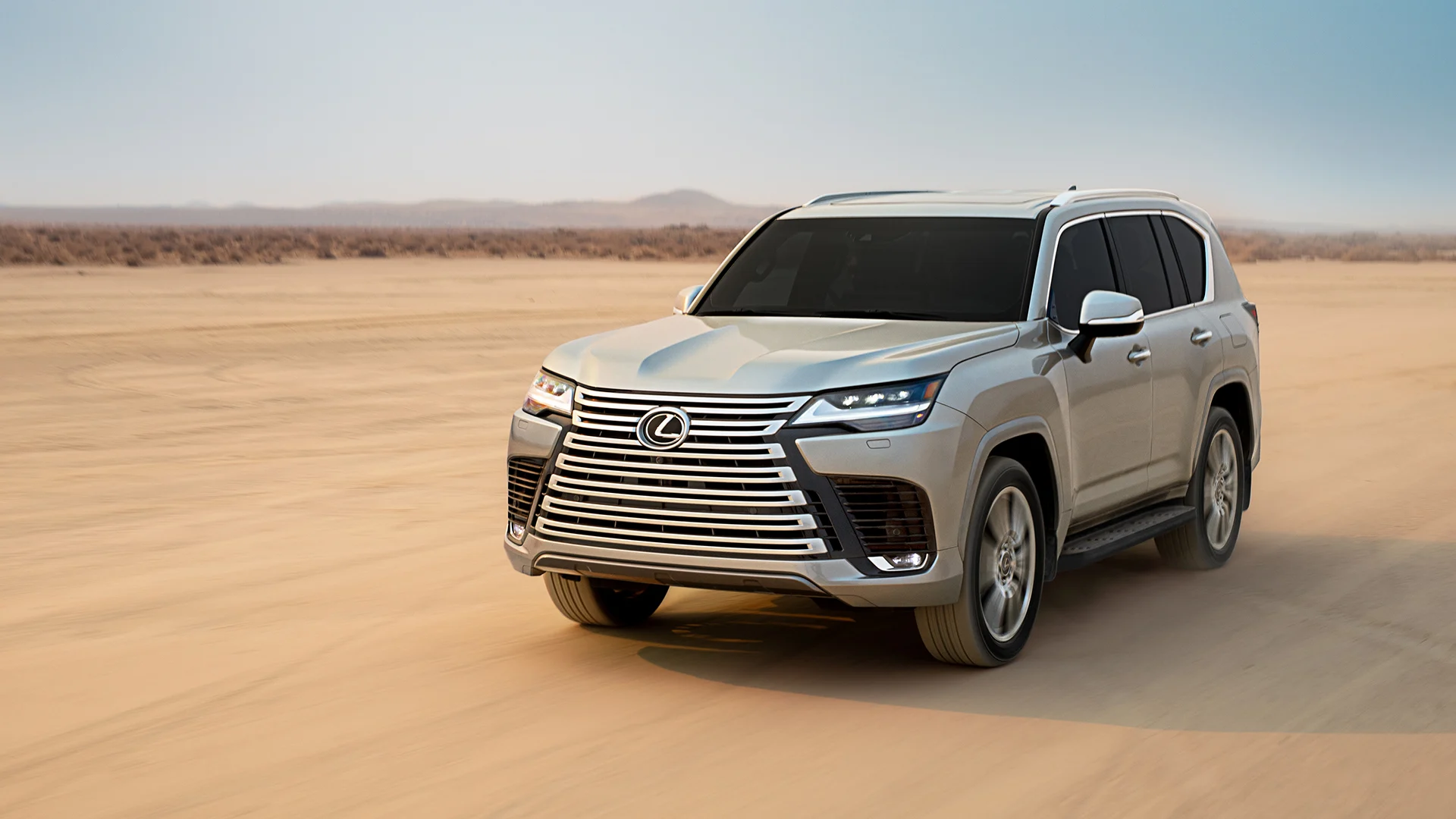 Importing a Car in Kenya
Importing a Car in Kenya
FAQ
- What is the most expensive part of importing a car to Kenya?
Generally, import duties and taxes are the most significant expenses, followed by shipping and port handling fees. - Can I import a car that is older than eight years?
Import restrictions on vehicle age vary and are subject to change. It’s essential to check the latest KRA regulations before importing an older vehicle. - How long does it take to import a car to Kenya?
The import process typically takes between 4 to 8 weeks, depending on factors such as the origin of the vehicle, shipping method, and customs clearance efficiency. - Do I need a customs agent to import a car?
While not legally required, engaging a customs agent is highly recommended to navigate the complex documentation and clearance process efficiently. - Where can I find reliable information on KRA import regulations?
The Kenya Revenue Authority (KRA) website (www.kra.go.ke) is the official source for import regulations and tariffs.

